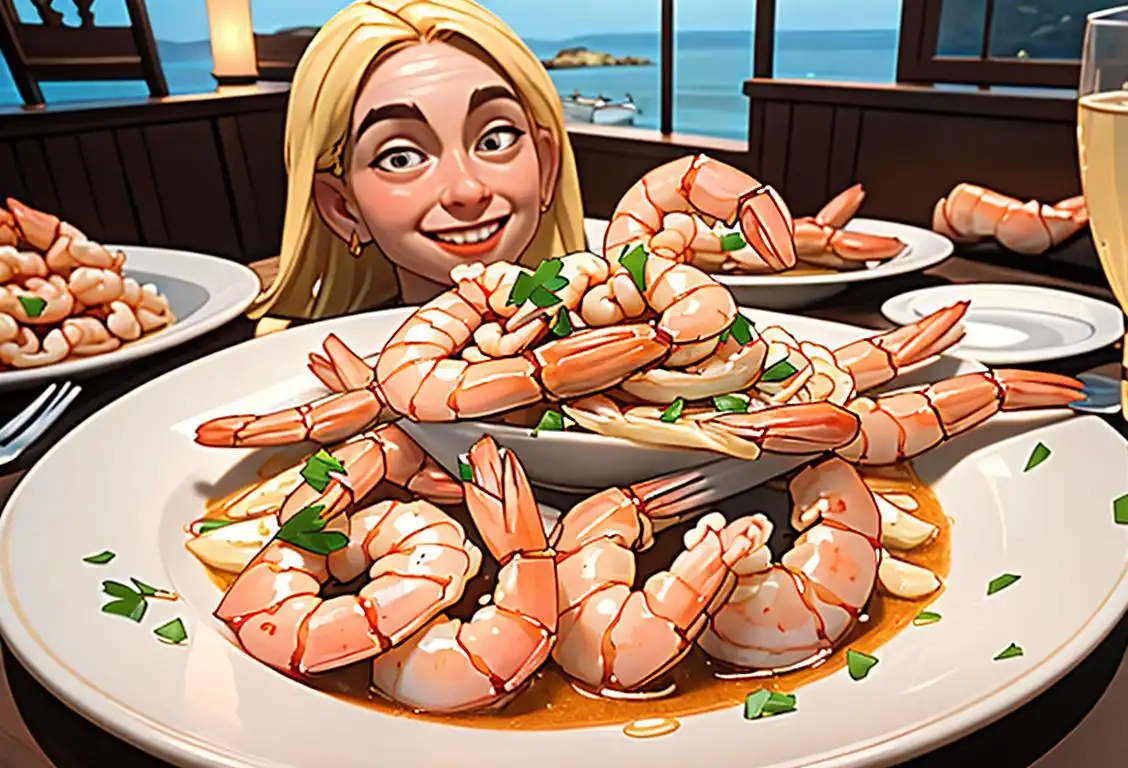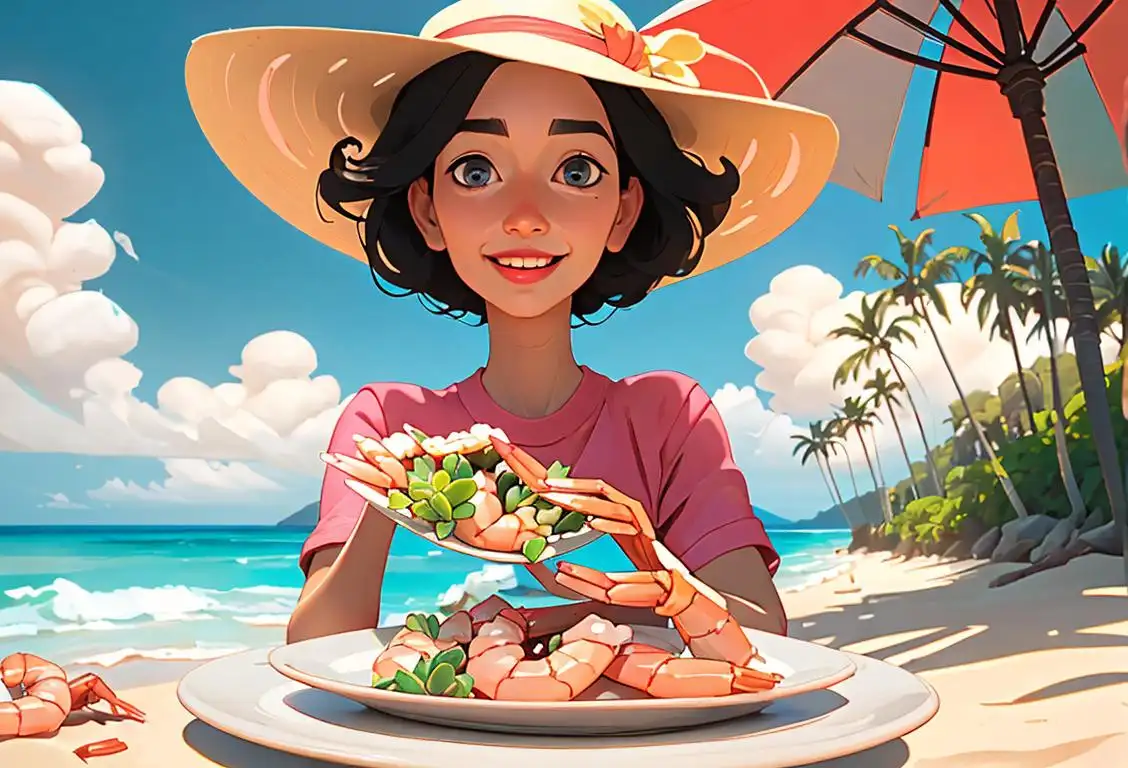National Oyster Day

Gather round, seafoodies and shellfish enthusiasts - we've got a shucking good reason to celebrate. Yes, you guessed it right, it's all about National Oyster Day. This nuggety celebration has been making quite a shell-shattering splash online since we spotted a surge in mentions. So put on your waders, save current as your favorite R'n'B artist and let's dive right in.
When is Oyster Day?
It's national oyster day on the 5th August.
The Pearl of Internet History
Our reliable system which keeps a keen eye on the digital world recorded a whopping 6937 mentions about National Oyster Day. Now that's a pearl worth forging! And the most fascinating bit? The bulk of these mentions were traced back to August 5th, 2015, when the world seemed to go into an oyster-frenzied mode. That's right, this day in particular seems to have collective shucking power. (Okay, we promise, no more shellfish puns...maybe.)
The National Oyster Day Tsunami
From head-chefs sharing their best oyster dish recipes to environmentalists highlighting the oysters' pivotal role in preserving aquatic ecosystems, this day has seen the internet super-charged with buzz. Restaurants offered yummy discounts, environmental agencies used the opportunity to bring attention to oyster restoration projects, and seafood lovers simply shared their pearl-sized love. But why August 5th, you ask? Well, that remains as mysterious as the way an oyster makes a pearl.
Embrace Your Inner Oyster
As we shellebrate this day, remember, you don't need to be an oyster lover to engage in the festivities. As an echo-friendly creature helping to keep our ocean clean, promoting the oyster means promoting the health of our seas. So, even if you're a self-proclaimed landlubber, you can still join in the fun online. And for all you brave culinary adventurers, why not try crafting a pearl of your own (figuratively - please don't swallow sand), by making a new oyster dish in honor of the day. You've got a whole ocean's worth of recipes to choose from!
History behind the term 'Oyster'
1st century AD
The Ancient Delicacy
Oysters were widely consumed by the ancient Romans and Greeks. They were considered a delicacy and were enjoyed by the aristocracy. Oysters were often served at banquets and were highly valued for their unique flavor. They were even mentioned by several ancient writers, including Pliny the Elder, who wrote about their indulgence in his Natural History.
Early 1700s
The Oyster 'Craze'
During the early 18th century, an 'oyster craze' emerged in London. Oysters became extremely popular, and oyster cellars were established throughout the city. These cellars were social gathering places where people from all walks of life could enjoy oysters and other dishes. The oyster culture and fascination grew to such an extent that oyster shells were used to pave the city streets.
Late 1800s
Industrialization and Decline
With the rise of industrialization, pollution in the rivers and coastal areas where oysters thrived became a significant problem. As a result, oyster populations started to decline due to environmental degradation and over-harvesting. Oysters, once abundant and easily accessible, became scarcer and more expensive. This decline marked a turning point in the cultural significance of oysters.
20th Century
Oysters as a Symbol of Luxury
As oysters became rarer and more expensive, they started to be associated with luxury and high-class dining experiences. Oysters regained their exclusive status and became a symbol of wealth and indulgence. They were often featured on the menus of upscale restaurants and were prized for their unique taste and texture, making them a sought-after delicacy for fine dining enthusiasts.
Present Day
Oysters as Sustainable Food
In recent years, there has been a growing emphasis on sustainability and environmental awareness. Oyster farming has become an eco-friendly practice due to its ability to improve water quality through filter feeding. Oysters are now seen as a sustainable seafood option and are promoted for their positive environmental impact. Additionally, they continue to be celebrated for their culinary excellence and remain a popular choice among seafood enthusiasts.
Did you know?
Did you know that an oyster can filter more than 50 gallons of water in a single day? So, next time you enjoy one, thank it for its contributions towards keeping our oceans clean.Tagged
awareness food fun seafood sustainabilityFirst identified
5th May 2015Most mentioned on
5th August 2015Total mentions
6937Other days
Oyster Day
Shrimp Scampi Day
Shrimp Day
Eat Pussy Day
Foundation Day
Pumpkin Day
Sweet Tea Day
Guac Day
Cheese Pizza Day
Vodka Day








